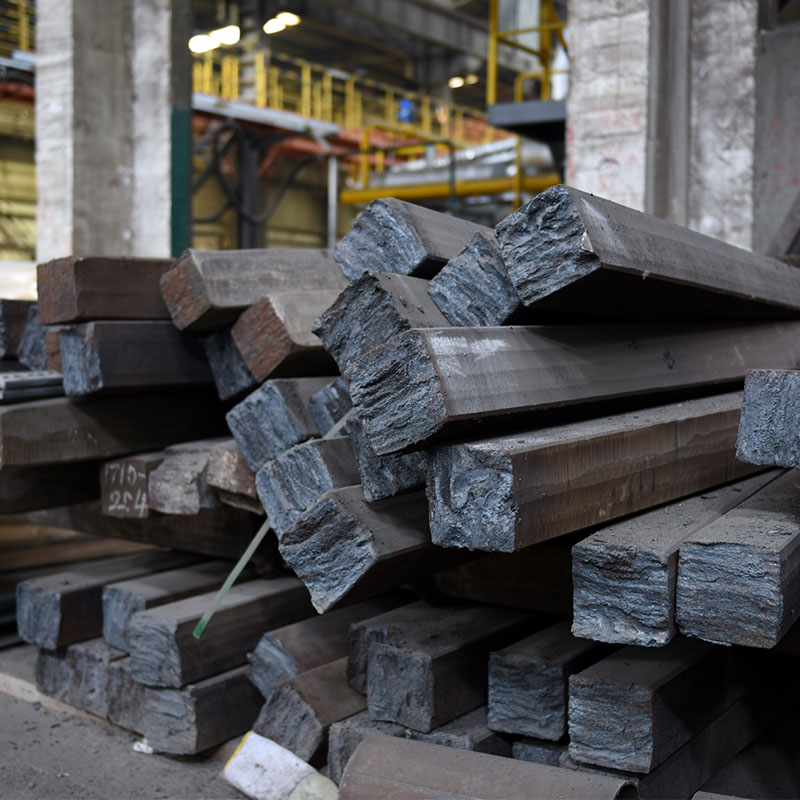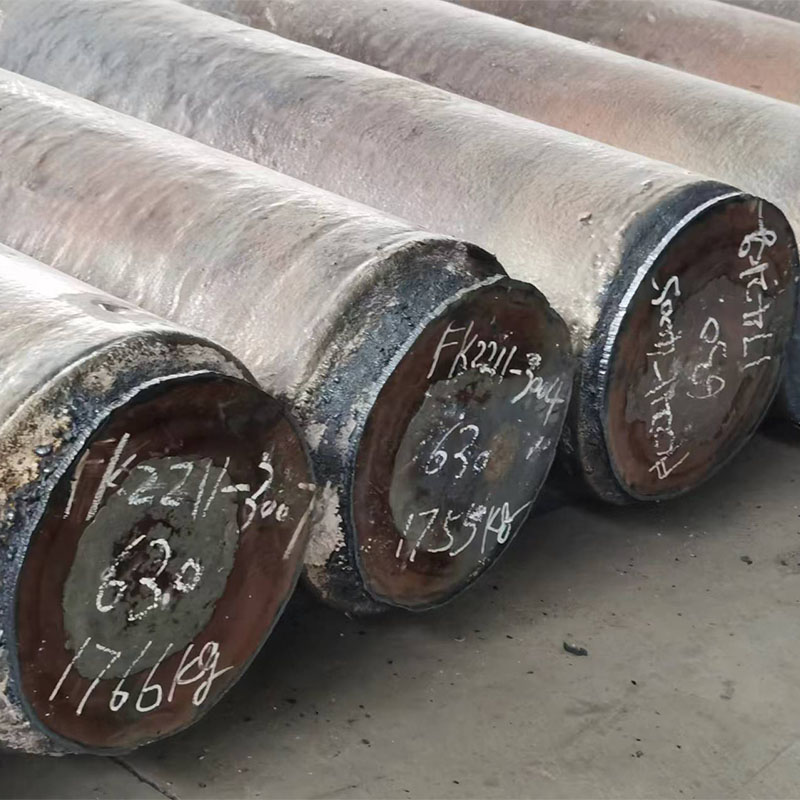
Type of alloy stainless steel
Type of alloy stainless steel
Stainless steel is not one specific metal, but a whole group of alloys that differ in their composition and properties. Imagine a construction set, where each element is a certain chemical element added to steel. The combination of these elements determines what kind of stainless steel we get. All this is very important, since different types of stainless steel behave differently in different conditions: from kitchen knives to ships.
Varieties of stainless steels: from a to z
The classification is based on chemical elements added to the alloy, primarily chrome. He plays a key role, creating a protective film on the surface, which does not allow rust to root firmly. Other elements, such as nickel, molybdenum or titanium, can be added to improve properties: strength, corrosion resistance, resistance to high temperatures or wear. Therefore, for example, stainless steel used for the manufacture of kitchen utensils will differ from the one that goes to create surgical instruments. Different tasks require different characteristics.
Distinctive properties and application
Differences in the alloy directly affect the properties of stainless steel. For example, steel with a high nickel content will be more plastic and resistant to corrosion in aggressive media, and steel with a high chromium will be more durable and resistant to high temperatures. So, stainless steel 304 is widely used in the food industry due to its corrosion resistance, and 430 for household appliances due to a lower price. Also, different types of stainless steel differ in strength, plasticity and ability to withstand mechanical exposure. Thus, the choice of the type of stainless steel is a task that requires the accounting of specific requirements of a particular application.
As a result, one alloy, many opportunities.
A variety of stainless steels allows you to satisfy a wide range of needs. From the production of knives to the construction of ships, from kitchen utensils to parts of complex mechanisms, stainless steel plays a key role. Understanding various types and their properties allows you to use this durable and universal material most effective, saving resources and achieving the best results.
AppropriateProducts
Corresponding products
The best soldproducts
The best -selling products-
 Alloy Incola 825 (N08825)
Alloy Incola 825 (N08825) -
 (Super) High -strength steel A100
(Super) High -strength steel A100 -
 Austenitic stainless steel n08367
Austenitic stainless steel n08367 -
 Alloy Inconel 625 (N06625)
Alloy Inconel 625 (N06625) -
 Dispersion-hardening stainless steel 630 (17-4ph)
Dispersion-hardening stainless steel 630 (17-4ph) -
 High -temperature bearing steel G102CR18MO (9CR18MO)
High -temperature bearing steel G102CR18MO (9CR18MO) -
 Duplex steel 2205 (F60)
Duplex steel 2205 (F60) -
 Histella alloy C-276 (N10276)
Histella alloy C-276 (N10276) -
 Alloy Monel 400 (N04400)
Alloy Monel 400 (N04400) -
 Superfisted stainless steel 316L-uhp-a
Superfisted stainless steel 316L-uhp-a -
 HH4169 frying alloy (in718)
HH4169 frying alloy (in718)
Connectedsearch
Related search- Hustella factories in China
- China stainless steel 5 factories
- Manufacturers who buy Inconel 625 similar materials
- Buy suppliers Hastella B 4 Nimofer 6629
- Inconsel 600
- Heptane manufacturers
- Suppliers of high -strength Hastello
- Inconsel 625 hard alloys manufacturers for purchase
- Manufacturers who buy an Inconsel alloy 625
- stainless steel pipe 25





